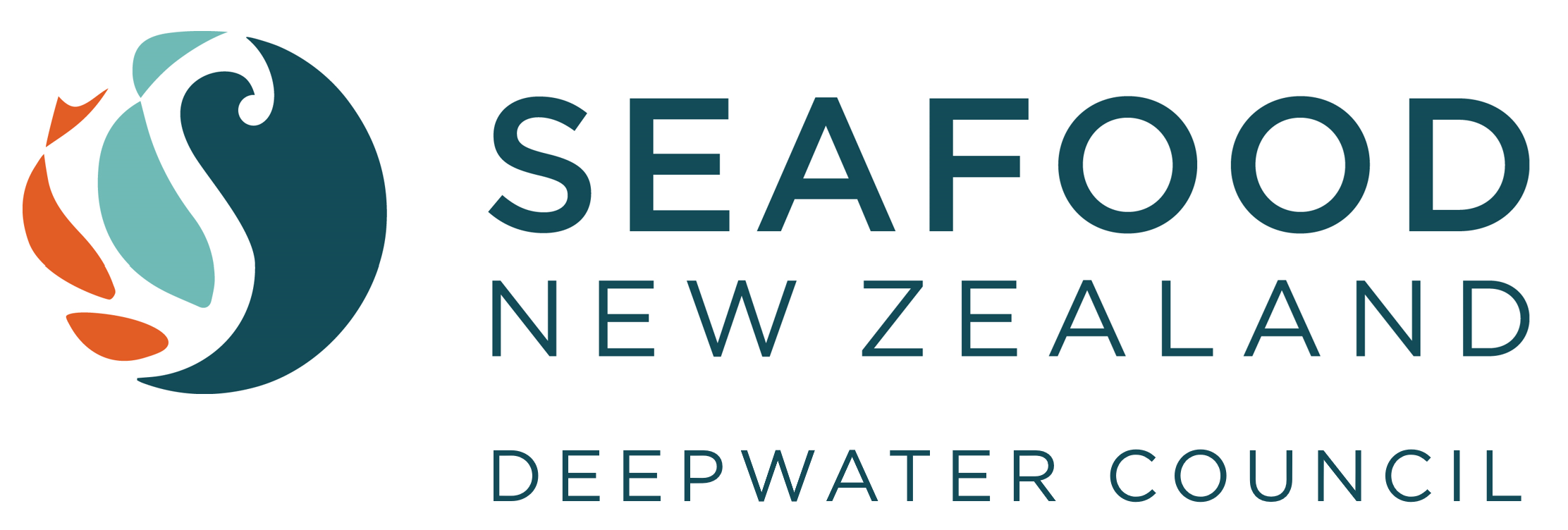NGO declares: 'the MSC officially became a sham'
Published: 9 Dec 2016
Press Release: Intrafish Media
A group of NGOs is coming out against the new Marine Stewardship Council (MSC) certification of the New Zealand orange roughy (Hoplostethus atlanticus) fishery.
Around 60 percent of the total catch of New Zealand’s orange roughy achieved certification in December for sustainable fishing practices, and is now eligible to carry the MSC ecolabel.
The certification was passed in partnership with New Zealand's Ministry for Primary Industries, which "invested heavily" in rebuilding orange roughy stocks through catch reductions, including setting this at times to zero, and a harvest strategy based on a comprehensive research plan, MSC said.
The orange roughy stocks are certified with conditions, which require further evidence that each are within the management target population levels (one stock), that the direct effects of orange roughy fishing are not causing unacceptable impacts on corals (two stocks), and that external reviews of the management systems is undertaken (three stocks).
However, several international NGOs, including Bloom, said the MSC certification process ignores the scientific evidence this fishery is at the extreme end of the spectrum of sustainability.
Bloom along with the other green groups filed an objection to the certification of the fishery. Deepwater Group Ltd is the client for fishery certification.
Joining Bloom in objecting to the certification were the Deep Sea Conservation Coalition, Greenpeace, the Environmental Conservation Organization of New Zealand and WWF.
"With such a decision," said Frédéric Le Manach, scientific director of Bloom, "the MSC reveals how biased and dysfunctional its evaluation system and its objection procedures are.
"The label was already in the limelight of criticism and loss of credibility. The certification of the emperor's fishery (orange roughy) raises the last doubts: the MSC officially became a sham.
"At this stage, they could label whaling, which would not surprise us anymore. Everything is now possible with them ...," Le Manach said.
MSC refutes claims
In response to the NGOs' claims, Pat Caleo, Asia Pacific director at the MSC, said: "For the past 20 years the MSC has helped recognize sustainable fishing around the world. When everyone agreed with the results on non-contentious fisheries, everyone was happy.
"Now, as we understand more about the impacts of fishing, along with increasing demand for sustainable seafood, more fishing operations are changing for the better. They’re recovering their fish stocks, reducing their impacts and putting better management in place. That means that some fisheries with bad reputations are becoming sustainable.
“There are some people who will say that certain fisheries can never be sustainable whatever they do. They're wrong. Fisheries that meet the MSC standard have the independent science and peer-reviewed evidence-based reports to demonstrate their sustainability," Caleo said.
"Certified fisheries have invested heavily to become sustainable, and the people who choose MSC labelled fish has helped make it happen. With orange roughy, the certified fishery has undergone two years of scrutiny by independent scientists to validate their sustainability.
“We should not get stuck in the past. We want fisheries to improve and we should recognise them when they do. Positive change means productive, healthy oceans," Caleo concluded.
